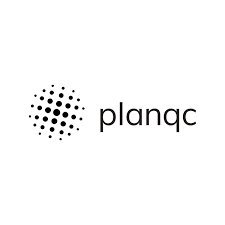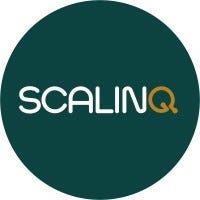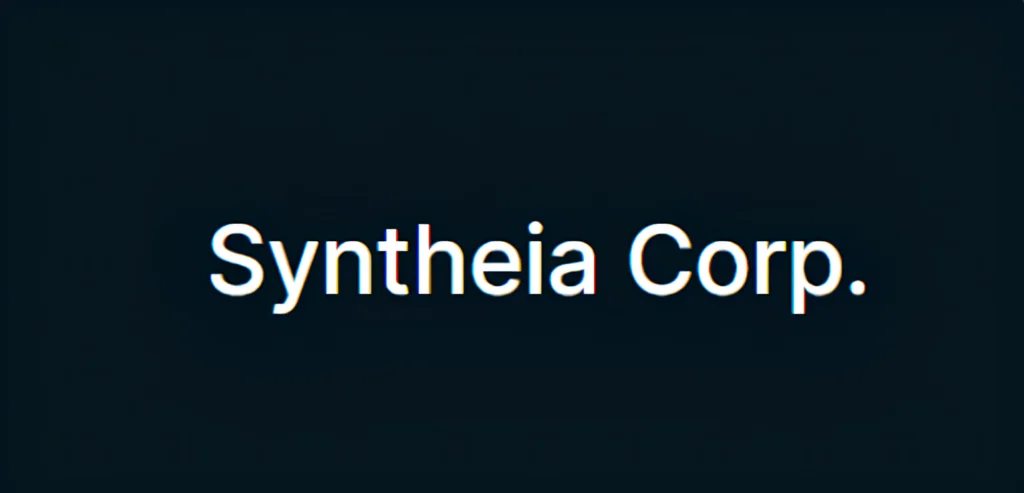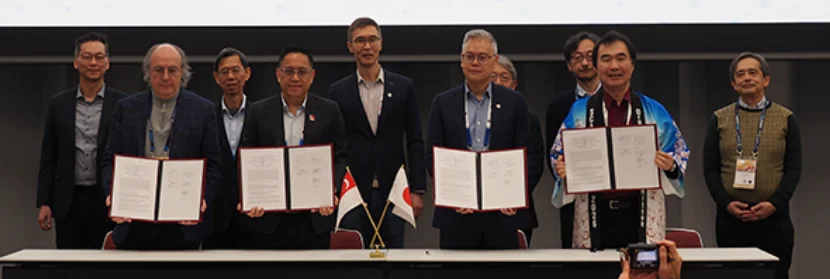The future of quantum computing is here. As quantum computing develops quickly, it will have a major impact on the future of computing. A quantum computer could transform the way we think about computing, increasing processing speeds exponentially and granting access to previously inaccessible data.
Is Quantum Computing the Present or Future?
Quantum computing is both the present and the future. Unlike classical computing, which uses bits to represent data and perform operations, quantum computing uses qubits (quantum bits), which can exist in multiple states that are probabilistically determined, known as superposition. This will allow quantum computers to perform certain types of calculations much faster than classical computers.
While it is still an emerging technology, there have been significant advancements in the field in recent years. Quantum computers have already been built and are being used by researchers and companies for various tasks, such as optimization problems and simulation of quantum systems.
However, quantum computing is still in its infancy, and there are many technical and practical challenges that need to be overcome before it becomes a mainstream technology. These challenges include improving the stability and scalability of quantum hardware, developing better algorithms and error-correction techniques, and finding new applications that can take advantage of quantum computing’s unique properties.

What Does The Future Of Quantum Computing Hold?
Quantum computing is a rapidly developing field, and its future is full of exciting possibilities. Several potential directions for quantum computing in the future are listed below:
1. Improved Hardware
Developing hardware that can reliably perform quantum computations is one of the main challenges in quantum computing. In order to mitigate the effects of noise and decoherence, researchers are developing better quantum processors and improving error correction techniques.
2. Applications in Chemistry & Materials Science
By simulating complex chemical reactions and interactions that are difficult or impossible to model with classical computers, quantum computing may be able to greatly accelerate the discovery of new materials and drugs.
3. Advancements in Cryptography
Quantum computing could potentially break many of the encryption algorithms used to secure sensitive information today. However, researchers are also working on developing new quantum-safe encryption methods that would be resistant to attacks by quantum computers.
4. Optimization & Machine Learning
Quantum computing could be used to solve optimization problems that are intractable for classical computers, such as those encountered in logistics and supply chain management. Quantum machine learning could also offer significant improvements in data analysis and pattern recognition.
5. Hybrid Classical-Quantum Computing
Many applications may require a combination of classical and quantum computing to achieve the best results. Researchers are developing methods for integrating classical and quantum algorithms to take advantage of the strengths of each approach.
Overall, the future of quantum computing is bright, with the potential to revolutionize fields ranging from medicine to finance to cybersecurity. Even so, quantum computing may not be widely accessible and practical for real-world applications for several years.
You may also like:
- Preparing Tomorrow’s Workforce for our Quantum Future
- Arizona State University Looks Toward The Internet’s Quantum Future
- The Poet of Physics Speaks Out About Quantum Computing’s Future – Interview with Carlo Rovelli
7 Quantum Computing Companies of The Future
We will now take a look at some of those newer startups and companies in the space, founded within the last year or two, that are innovative in their approaches and have a good chance to unlock some of the possibilities of quantum technology.
1. Abelian

Abelian applies post-quantum cryptographic algorithms to ensure the long-term security and privacy of customers’ digital gold, ABEL. Abelian ensures that wallet addresses are hidden and untraceable, while also securing the amount in transactions hidden by using lattice-based linkable ring signature schemes. Side chains, smart contracts, and interoperability will be developed for supporting various DeFi, Metaverse, and Web3 applications and initiatives.
Abelian is based in Irvine, California, and is led by cryptographers, mathematicians, engineers, developers, and cybersecurity experts.
2. planqc

A neutral atom quantum computing startup emerged from the Munich Quantum Valley in 2022 (and is the first to do so), planqc’s founding team of Alexander Glätzle, Sebastian Blatt, Johannes Zeiher, Lukas Reichsöllner, Ann-Kristin Achleitner, and Markus Wagner combines decades of international research on neutral-atom quantum technologies.
planqc’s quantum computers are built on the precision of atomic clocks, quantum gas microscopes and high-speed Rydberg gates and store information in individual atoms — nature’s best qubits.
3. Bohr Quantum Technology

Bohr Quantum Technology is a Pasadena, California-based startup that has developed a commercial-ready quantum networking system that it intends to commercialize from IP published in December 2020 (licensed technology from CalTech and Fermilab). They are moving the complexity of light-based networking into a rack allowing for the networking of quantum data. This enables scaling of quantum computers (i.e. being able to connect QPUs that are restricted by a cryo chamber) and their overall usefulness (e.g. entangle and disentangle chips across a building or even across towns).
The business is also interested in distance networking and enabling long-distance networking of quantum memories. Its technology offers precision timing, networking computers, and provably secure communication.
4. Diraq
Diraq is a full-stack quantum company building a quantum computer based on silicon CMOS spin qubits. The startup, based in Sydney, Australia and founded in 2022, invented this revolutionary technology in 2014 and filed patents for it.
Focused on building fault-tolerant quantum computers, Diraq’s patented CMOS qubits are the same size as today’s transistors and use the same manufacturing. Diraq maintains 28 patents and patent applications across major jurisdictions. Diraq’s founder is CEO Andrew Dzurak, whose intention over the next ten years is for the business to progress its chips from prototypes to silicon quantum processor chips at nanometer scales.
5. SCALINQ

Based on research derived from years of research and development at the Chalmers University of Technology and founded in 2021, SCALINQ has the goal to make the scaling of quantum computers easier. Experts in the field of superconducting quantum computing and committed to helping firms and customers efficiently realize larger quantum processors, SCALINQ is based in Gothenburg, Sweden.
Its interdisciplinary team of leading researchers with competencies ranging from quantum engineering, microwave engineering, and hardware design, combined with business developers who have backgrounds in engineering.
6. SandboxAQ

SandboxAQ is harnessing the exponential power of AI + Quantum Technology — AQ. Sandbox AQ and some of its team originated at Alphabet Inc., which became an independent entity in 2022. The mission of the company is to develop computationally intensive products for the financial services, healthcare, telecommunications, and public sectors.
7. BlueQubit

Based in the Bay area of California, BlueQubit builds first-in-class quantum software for current and upcoming quantum computers and was founded in 2022 by Hrant Gharibyan and Hayk Tepanyan.
How Bright Is The Future of Quantum Computing
As quantum computing advances, a world that is currently science fiction will become a reality. With it, we will be able to process enormous amounts of data extremely fast, enabling simulations that are unimaginable at the moment. As a result, a whole new level of AI will be possible that will accelerate advances in genomics, disease management and renewable energy technologies, just to name a few. In a world in which the cost of energy is rapidly falling toward zero, we will live longer, healthier lives.
Let us hope, however, that when the technology becomes more powerful and more mainstream, we use it for only good intentions.
Featured image: Credit: Image by Gerd Altmann from Pixabay
For more market insights, check out our latest quantum computing news here.















